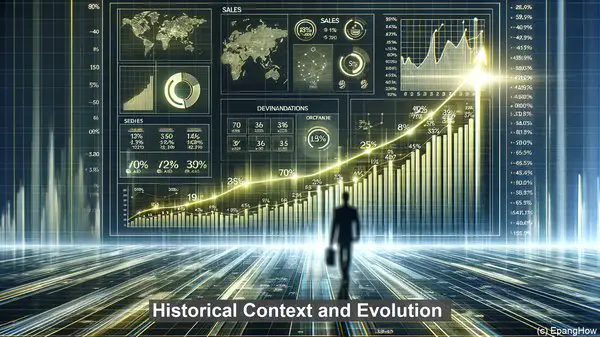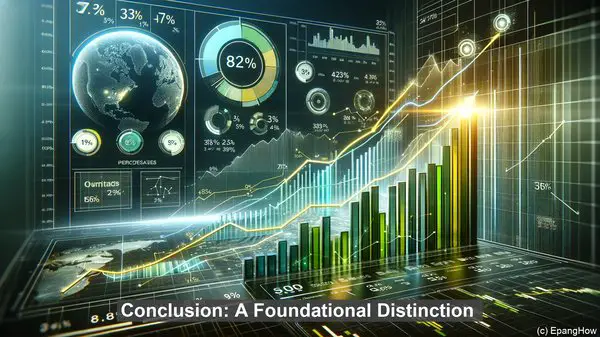Introduction: The Foundation of Economic Systems
Hello everyone! Welcome to today’s article, where we’ll be exploring the difference between means of production and mode of production. These concepts lie at the core of economic systems, shaping the way societies produce and distribute goods. So, let’s dive in!

Defining Means of Production
Means of production refer to the resources and tools necessary for the creation of goods and services. These can include physical assets like machinery, factories, and land, as well as intangible elements such as knowledge and technology. Essentially, means of production encompass everything required to transform raw materials into finished products.
Understanding Mode of Production
While means of production focus on the ‘what’ of production, mode of production delves into the ‘how.’ It encompasses the social relations and organizational structures that govern the production process. For example, in a capitalist mode of production, private ownership and profit-driven motives play a central role. In contrast, a socialist mode of production emphasizes collective ownership and equitable distribution.
Interplay and Significance
The relationship between means of production and mode of production is intricate. The mode of production determines how the means of production are utilized, who controls them, and how the resulting output is allocated. In turn, the means of production can influence and shape the mode of production. This dynamic interplay is crucial in understanding the functioning and evolution of economic systems.

Historical Context and Evolution
Throughout history, different societies have witnessed varying modes of production. From feudalism to industrial capitalism and beyond, each era has brought forth distinct ways of organizing production. As the means of production have advanced, so too have the modes, often leading to significant societal shifts and economic transformations.
